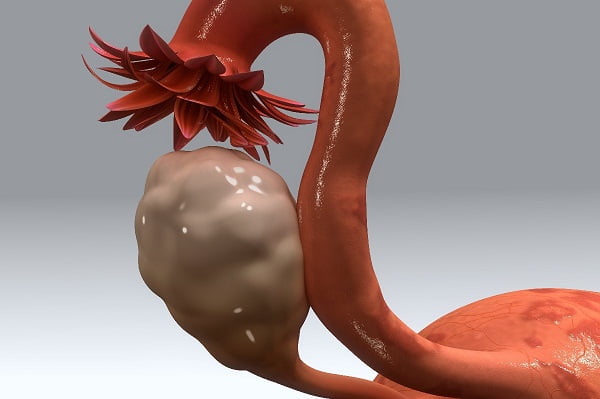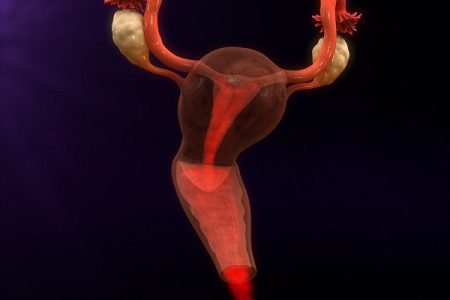Glossary for Endometrial Cancer
- Updated on: Jul 29, 2024
- 2 min Read
- Published on Apr 20, 2021

Terms and terminologies often used in endometrial cancer
Abnormal Uterine Bleeding
Bleeding from the uterus that differs in regularity, duration, or amount from normal uterine bleeding.
Chemotherapy
It is a cancer treatment procedure using certain drugs.
Dilation and Curettage (D&C)
A procedure in which the cervix is opened and tissue is gently scraped (curettage) from the inside of the uterus for examination purposes.
Endometrial Biopsy
It is a medical procedure in which a small amount of the tissue lining from the uterus is removed and investigated under a microscope.
Endometrial Cancer
Cancer of the lining of the uterus is called endometrial cancer. This lining is called endometrium.
Endometrium
The lining of the uterus.
Estrogen
It is a female hormone that is produced in the ovaries.
Fallopian Tubes
Tubes through which an egg travels from the ovary to the uterus.
Gene
A gene is the basic physical and functional unit of heredity. Genes are made up of DNA and act as instructions to make molecules called proteins. Genes can be passed down from parent to offspring.
Hormones
These are substances produced in the body to control the function of cells or organs.
Hysterectomy
Removal of the uterus through surgery.
Hysteroscope
A device to look inside the uterus and to do certain procedures.
In Vitro Fertilization
An assisted reproductive technology (ART) commonly referred to as IVF.
Lymph Nodes
Lymph nodes are small structures that function as filters for harmful substances.
Lynch Syndrome
It is a genetic disease that increases a person’s risk of endometrial cancer and various other cancers.
Menopause
The time in a woman’s life when menstruation stops.
Metastasis
Spreading of the cancer to other parts of the body beyond the original site.
Mutation
A permanent change in a gene that can be passed from parent to child and cause inherited disorders.
Ovaries
These are paired organs in the female reproductive system that contain the eggs that are released at ovulation.
Perimenopause
The period before menopause that usually ranges from age 45 years to 55 years.
Polycystic Ovary Syndrome (PCOS)
Polycystic Ovary Syndrome is a condition in which cysts develop on the ovaries. It is characterized by irregular menstrual periods and changes in the levels of certain hormones.
Progesterone
It is a female hormone that is produced in the ovaries of women, and prepares the lining of the uterus for pregnancy.
Progestin
It is a synthetic form of progesterone hormone that is similar to the hormone produced naturally in the body.
Radiation Therapy
Treatment of cancer with high-energy radiations.
Stage of cancer
Stage of a cancer refers to the size of a tumor and the extent to which it has spread.
Transvaginal Ultrasound
A type of ultrasound in which a device is inserted in the vagina for examination of the uterus and other pelvic organs.
Tumor
A lump of cells.
Uterus
A muscular organ in women located in the pelvis. It contains the developing fetus during pregnancy.












